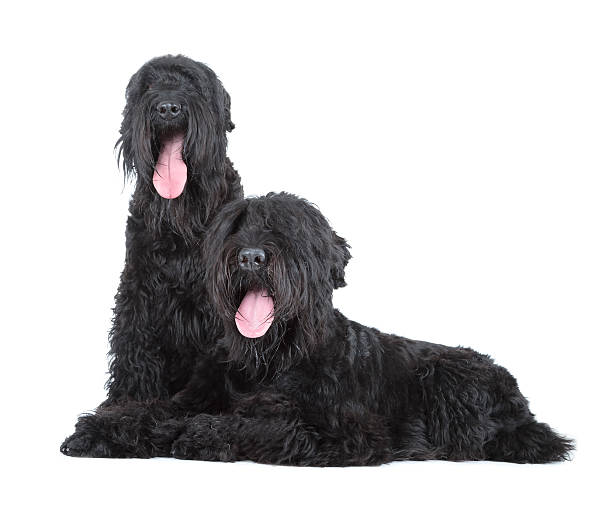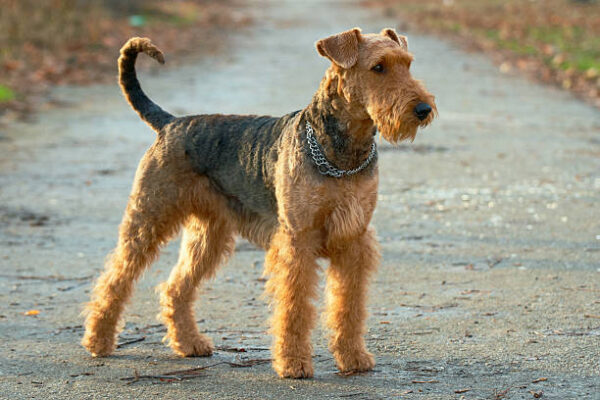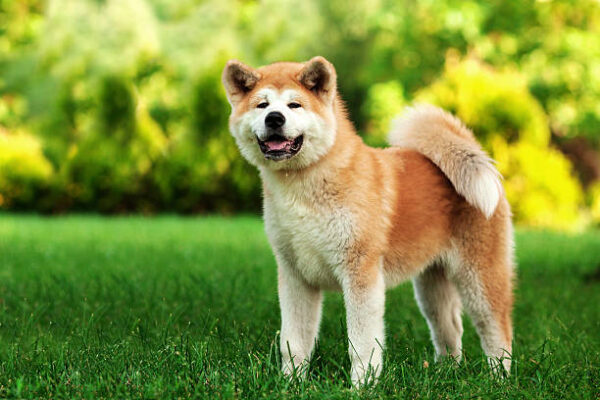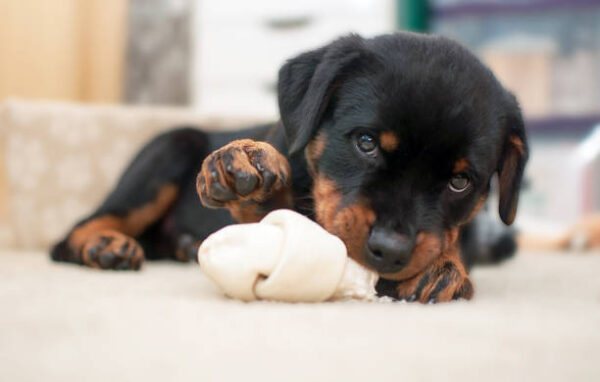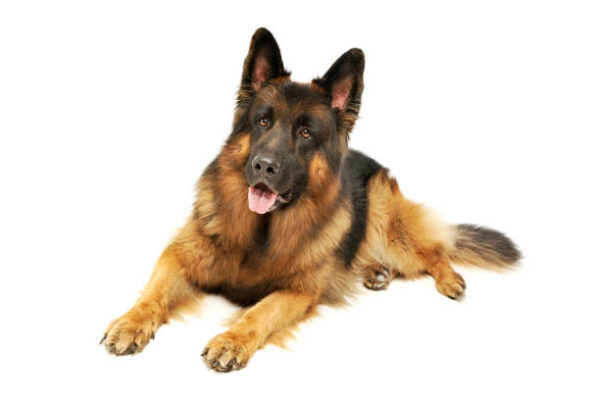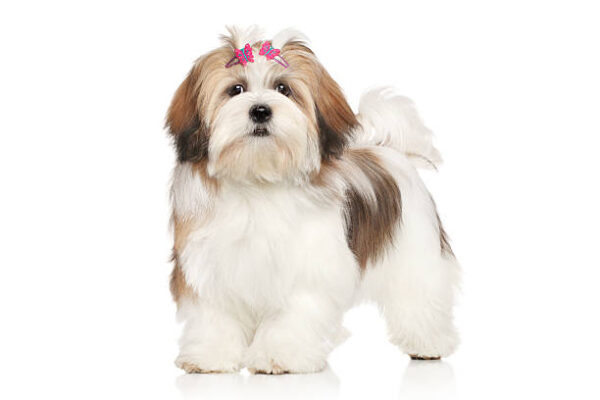Your cart is currently empty!
Russian Black Terrier
Russian Black Terrier A relatively new breed, the Russian Black Terrier was developed by the Russian army after World War II as a specialised guard dog and as a general service dog. One of his duties was to round up fugitives. The Russian dog population had suffered during the World Wars and there was no […]
Description
Russian Black Terrier
A relatively new breed, the Russian Black Terrier was developed by the Russian army after World War II as a specialised guard dog and as a general service dog. One of his duties was to round up fugitives.
The Russian dog population had suffered during the World Wars and there was no breed left to fulfil the needs of the forces: a dog able to work independently and cope with the differing terrains and extremes of climate in Russia. A mixture of breeds formed the foundation but it is acknowledged that a Giant Schnauzer was the centre of the breeding programme. He was mated with Airedale and Rottweiler bitches and the progeny were bred together with an input of the Moscow Retriever, a dog bred from Newfoundland and Sheepdog stock.
General appearance of Russian Black Terrier
Large, imposing dog, above average size, strongly built with heavy bone. Well proportioned general appearance, sturdy and robust frame. Well-developed muscles. Body almost square. A medium texture, weatherproof coat, well furnished on head and limbs. Trimmed.
Characteristics
Natural guarding instincts. Easily trained. Very adaptable.
Temperament
Alert, lively and even-tempered, wary of strangers. Resilient, brave and self-confident.
Head and skull
Well proportioned with moderately broad skull and rounded cheekbones. Eyebrows slightly pronounced. Skull flat, medium stop, not too accentuated. Top line of muzzle parallel to top line of skull. Muzzle solid with slight tapering towards the tip and length a little shorter than skull. Whiskers and beard give muzzle a squared-off shape. Lips thick and black in colour, tightly fitting. Large black nose.
Eyes
Medium, oval in appearance and dark. Set obliquely and wide apart. Eyelids dark and fitting tightly.
Ears
High set, pendant, not too big, triangular in shape with the inner edge lying tightly against the cheekbone.
Mouth
Jaws strong, with perfect, regular and complete scissor bite, i.e. upper teeth closely overlapping lower teeth and set square to the jaws. Full, strong dentition desirable.
Neck
Reasonably long, powerful, muscular and clean cut. Flows into the top line at an approximate 45º angle.
Forequarters
Shoulders well laid back. Seen from the front, legs straight and parallel, pasterns short and straight. Elbows carried close to body.
Body
High withers clearly marked above top line, back level and muscular. Depth of chest level with elbows or slightly below. Chest deep with well-sprung ribs. Moderate tuck-up. Loin short, wide, muscular and slightly arched. Rump large and muscular with a barely visible slope towards the tail which is set high on the croup.
Hindquarters
Seen from behind, legs straight and parallel, set wider than the front legs. Thighs muscular and well developed. Stifles well bent and hocks set low.
Feet
Large, well arched and rounded with thick pads. Black nails.
Tail
Set high and thick. Previously customarily docked, leaving three to four vertebrae. Undocked, the tail set is more important than carriage. The tail may also curl over the back, but not gay. The length and thickness is determined by the proportions of the dog.
Gait/movement
At the trot, legs move in a straight line, with forelegs converging slightly. Fairly elastic movement. Ground-covering movement with good reach in the forequarters and good driving power in the hindquarters.
Coat
Medium texture weatherproof coat, with dense undercoat. Not wiry or soft. When brushed the hair is broken coated and slightly waved. Furnishings well developed on eyebrows, beard and legs. The ears (from fold to tip), skull, cheeks, throat to sternum, underside of tail, buttocks and rear of stifle are closely trimmed.
Colour
Black; or black with grey hairs distributed through the coat, but not in confined areas, and in total no more than one third of the coat.
Size
Height at withers: dogs 68-77 cms (27-30½ ins), bitches 66-72 cms (26-28½ ins).
Faults
Any departure from the foregoing points should be considered a fault and the seriousness with which the fault should be regarded should be in exact proportion to its degree and its effect upon the health and welfare of the dog and on the dogs ability to perform its traditional work.
Note
Male animals should have two apparently normal testicles fully descended into the scrotum.
